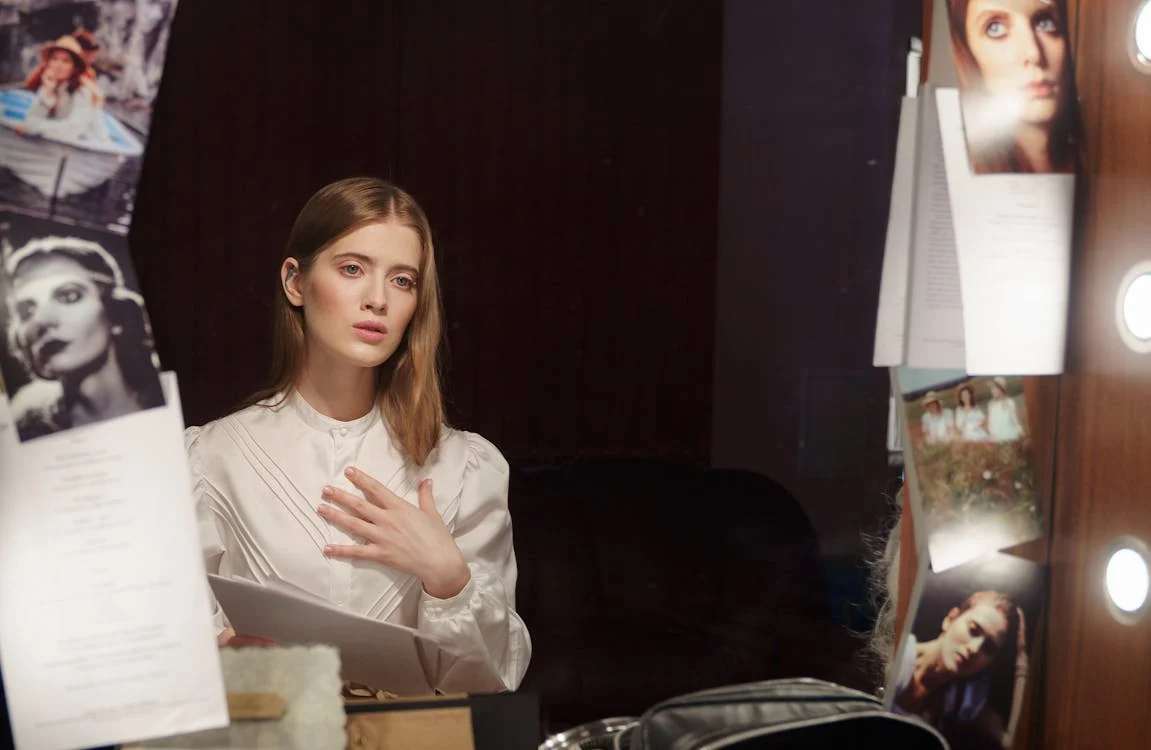Why Can’t We Say ‘Actress’ Anymore?

(Photo: Polina Zimmerman | Pexels)
RELATED TOPICS:
Is it Offensive to Say “Actress”?
In recent years, the term “actress” has fallen out of favor, with many in the entertainment industry preferring the gender-neutral term “actor” for all performers, regardless of their gender. This shift reflects broader societal changes in how we view gender, language, and equality. But why has this change occurred, and what does it signify?
A Brief History of “Actress”
The word “actress” dates back to the 17th century when women began to appear on stage, a privilege previously reserved for men. It was a way to differentiate between male and female performers, much like other gendered professions of the time (e.g., waiter/waitress). For centuries, this distinction was seen as natural and necessary.
However, the term “actress” also carried a certain baggage. In some historical contexts, it was used to demean or trivialize women in the profession, emphasizing their gender over their talent. For example, women in acting were often stereotyped or judged more harshly for their appearances than their male counterparts.
The Move Toward Gender Neutrality
 (Photo: Ron Lach | Pexels)
(Photo: Ron Lach | Pexels)
The rise of the term “actor” for all performers is part of a larger trend toward gender-neutral language. This shift recognizes that gender is not always relevant to one’s profession. Just as we no longer use terms like “authoress” or “poetess,” many feel that “actress” unnecessarily highlights a distinction that shouldn’t matter in evaluating someone’s skill or artistry.
The change also reflects a growing awareness of non-binary and gender-fluid individuals, who may not identify as male or female. Using “actor” as a universal term makes the industry more inclusive and respectful of all identities.
Cultural and Industry Acceptance
In the entertainment industry, the transition has been widely embraced. Awards shows like the Academy Awards still differentiate categories by gender, but the nominees are all referred to as “actors.” Prominent figures like Meryl Streep, Cate Blanchett, and Emma Thompson have voiced support for the shift, emphasizing that their work should be judged by its merit, not their gender.
Critics of the change often argue that “actress” is a traditional term with no inherently negative connotations and that abandoning it erases a part of linguistic history. However, supporters counter that language evolves to meet the needs and values of its speakers.
Language Reflects Progress
 (Photo: Cottonbro | Pexels)
(Photo: Cottonbro | Pexels)
The move away from “actress” is not just about political correctness; it’s about fostering a culture where everyone is valued equally for their contributions, regardless of gender. By adopting gender-neutral terms, society signals that the playing field is truly equal and that what matters most is talent, dedication, and achievement.
In the end, whether someone identifies as an “actor” or “actress” is a personal choice. What’s important is respecting those choices and continuing to push for greater equality and inclusion, both in language and in life.
The word we use may seem small, but it’s part of a larger conversation about how we see each other—and ourselves—in an ever-changing world.



